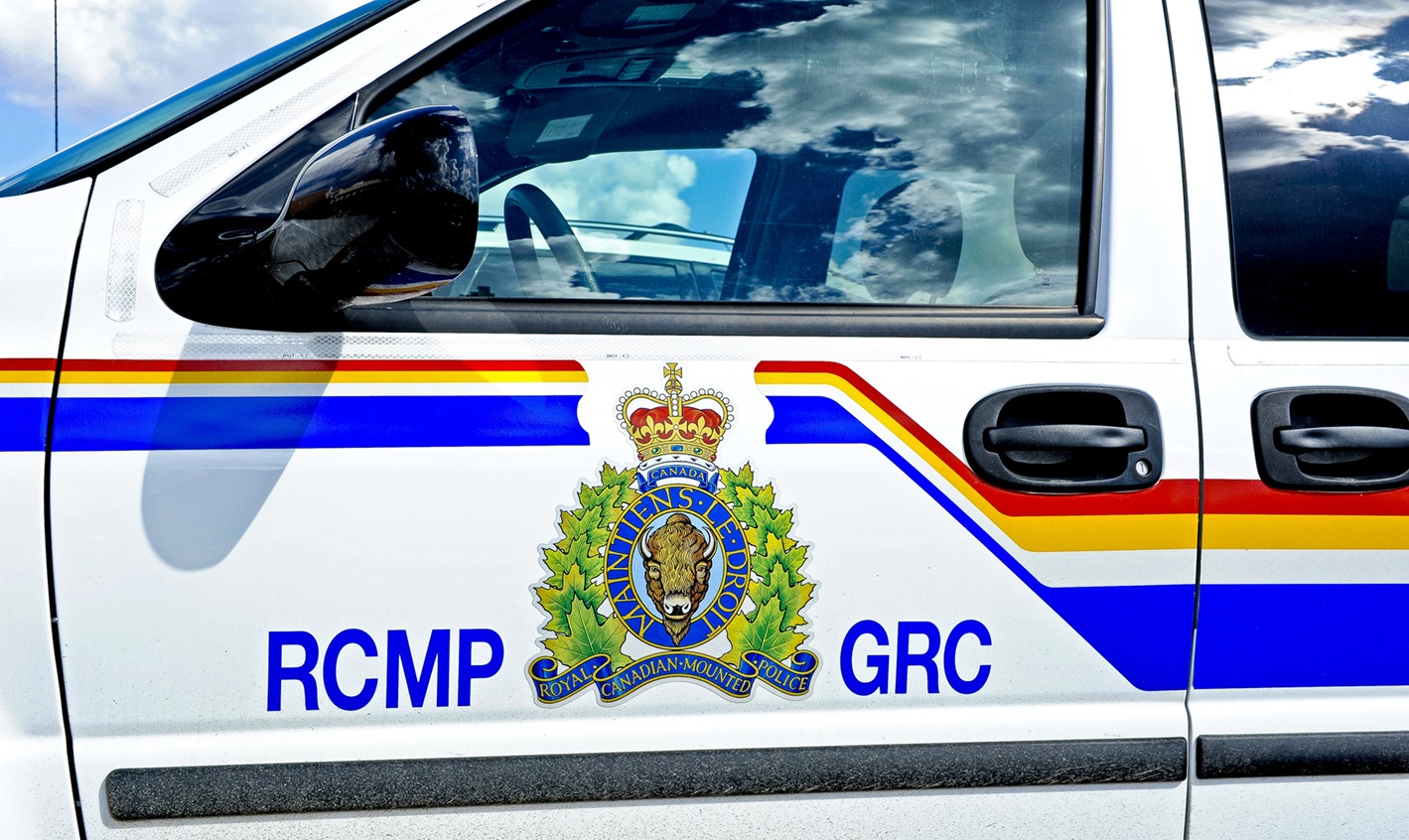The Campbell River RCMP is touching on mental health.
Constable Maury Tyre says recent events in Canada have spurred a lot of discussion in terms of police and interactions with people who are suffering from mental health concerns, or are in crisis.
“Many of the calls to action are already part of the way events and training are being conducted,” Tyre says. “That is not to say that things cannot be improved upon, but in the spirit of understanding and partnership this piece has been created to explain how calls are presently dealt with, the training officers have and what the public can do to ensure successful interactions.”
Tyre says all members of the Campbell River RCMP are trained in crisis intervention and de-escalation.
“Some officers have additional backgrounds as well, like increased mental health training, social work backgrounds, and training involving people with differentiated mental abilities.”
Oftentimes, police will respond to a call that is identified as mischief or a disturbance.
When officers arrive, Tyre says they determine if they’re dealing with a mental health crisis.
In situations like these, he says police will work with their partners at the Vancouver Island Health authority to determine the best course of action.
“At times this may mean transportation by BC Ambulance to hospital, referral to various support agencies in the area, or in cases where the person may be a danger to themselves or others, they may be apprehended by police under the Mental Health Act,” Tyre says.
When an apprehension does occur, he says the person must see a doctor.
“This could mean that police take the person to the hospital themselves or accompany the person in an ambulance depending on the situation. In situations like these, the use of any force is an absolute last resort scenario.”
Tyre says it’s important to get as much information as possible before attending a call that may involve mental health.
“Sometimes what a caller will tell us can be very limited as the person they’re calling about is a stranger. In other instances, family members or close friends call. The more information we receive from these callers, the better the understanding we have of how to have a positive interaction.”
Tyre says the following information can help:
• Does the person have any diagnosed mental health issues?
• Are they on medications/drugs and what kind?
• What is their relationship like with police?
• Have they had a brain injury in the past?
• What could have triggered the behaviour that is causing the call?
• Does the person have access to weapons?
Though calls for people in crisis are quite common, Tyre says the calls are usually resolved without any negative interaction.
When someone is experiencing mental health difficulties, there are several options for help available in Campbell River.
“The local hospital has crisis nurses on staff, there is a mental health and addictions office and your family doctor can assist you with finding the right treatment to fit your particular situation,” Tyre says.
“Ideally, these resources should be accessed before someone reaches a crisis point, but a lot of people will choose to attempt to manage their problems privately and those closest to them will not find out until things reach a crisis point.”
Resources:
• Mind Health BC Crisis Line: 1 (800) 784-2433
If you or someone you know is in crisis and you feel they may be a danger to themselves or others, Tyre is encouraging you to get in touch with the RCMP.






